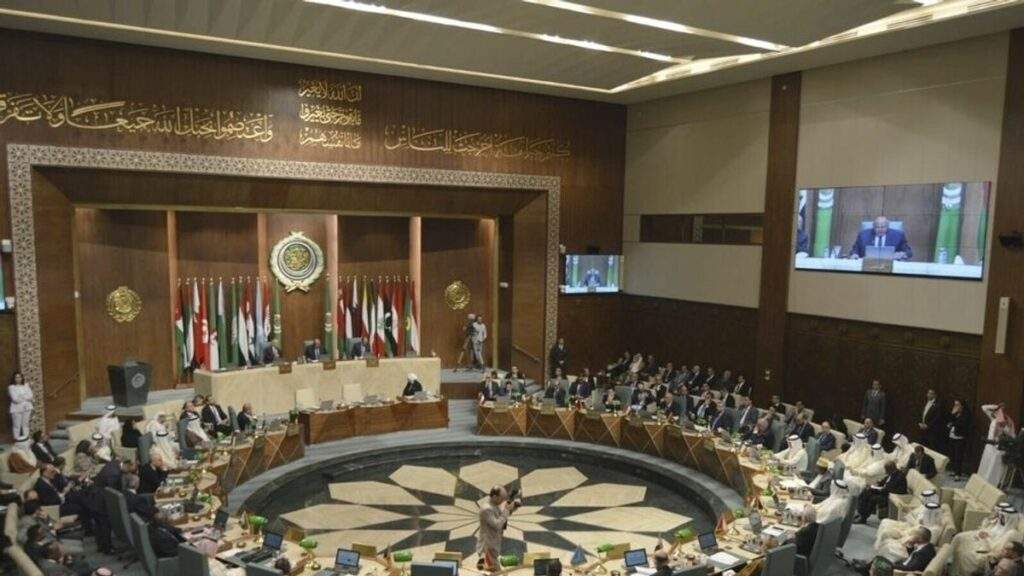Last year, Syria experienced a significant shift in its political landscape as the Arab League decided to readmit the country after a decade-long absence. This move, announced during a summit in Jeddah, marked a symbolic gesture towards normalizing relations with President Bashar al Assad’s regime, despite years of international condemnation. The decision highlighted the complexities of Syria’s ongoing crisis, including the refugee situation and its role as a major producer of Captagon drugs.
Simultaneously, the United Nations concluded its primary aid program in Syria, leaving millions of people in a precarious position. This development underscored the urgent need for continued international support to address the humanitarian challenges facing the country. With Syria’s population still reeling from the effects of war and struggling to access basic services, the withdrawal of UN assistance raised concerns about the future well-being of its citizens.
Looking ahead, the reinstatement of Syria by the Arab League and the end of the UN aid program signal a new chapter in the country’s history. While these decisions offer hope for potential normalization and reconstruction, they also highlight the daunting task of rebuilding a nation torn apart by conflict. As Syria navigates its post-war reality, the international community’s involvement will be crucial in shaping a sustainable future for the country and ensuring that the needs of its most vulnerable populations are met.
